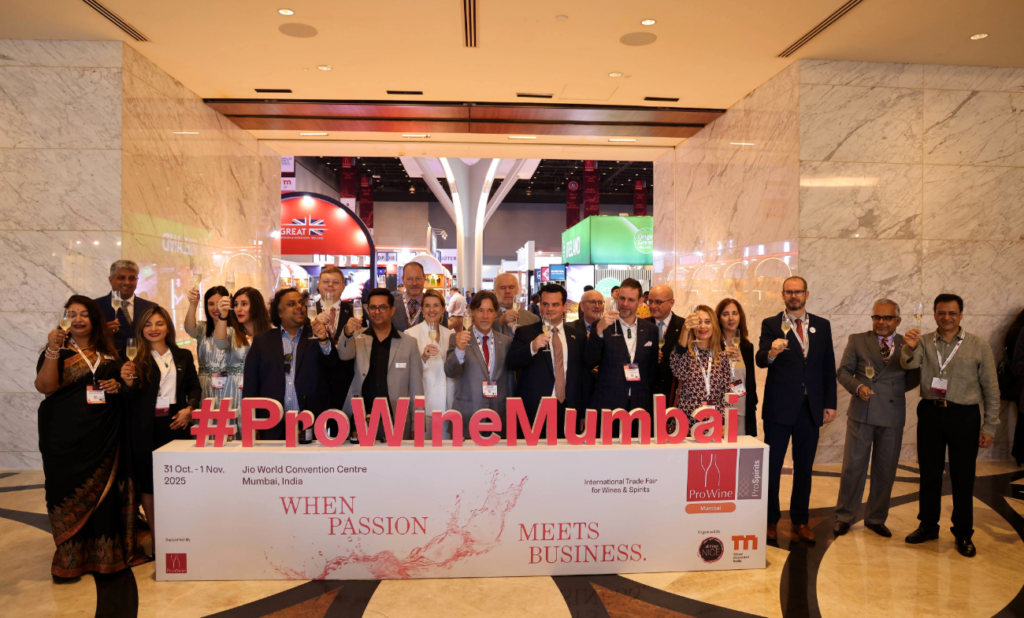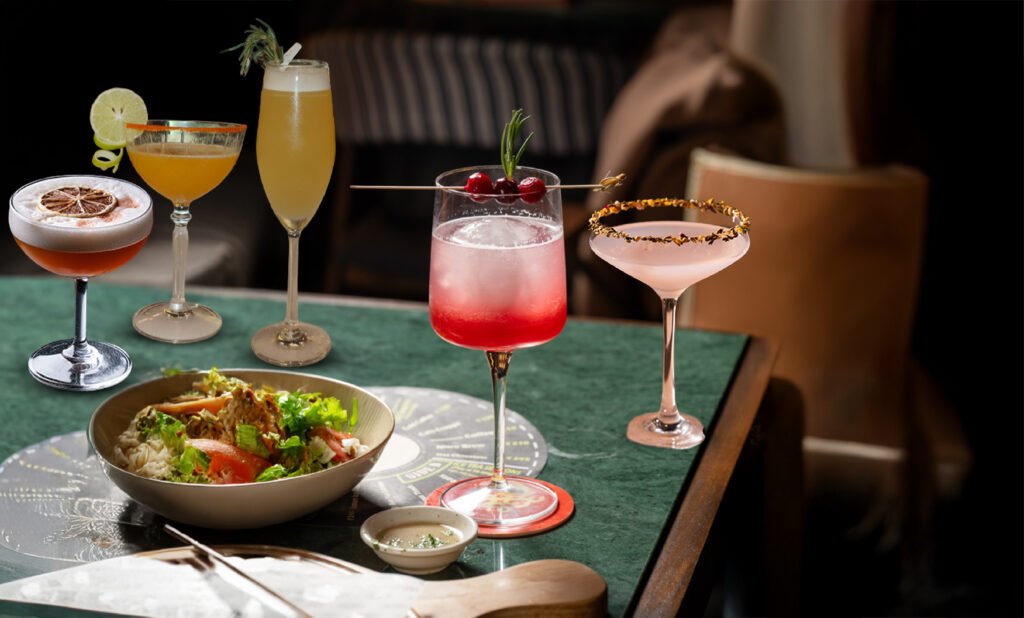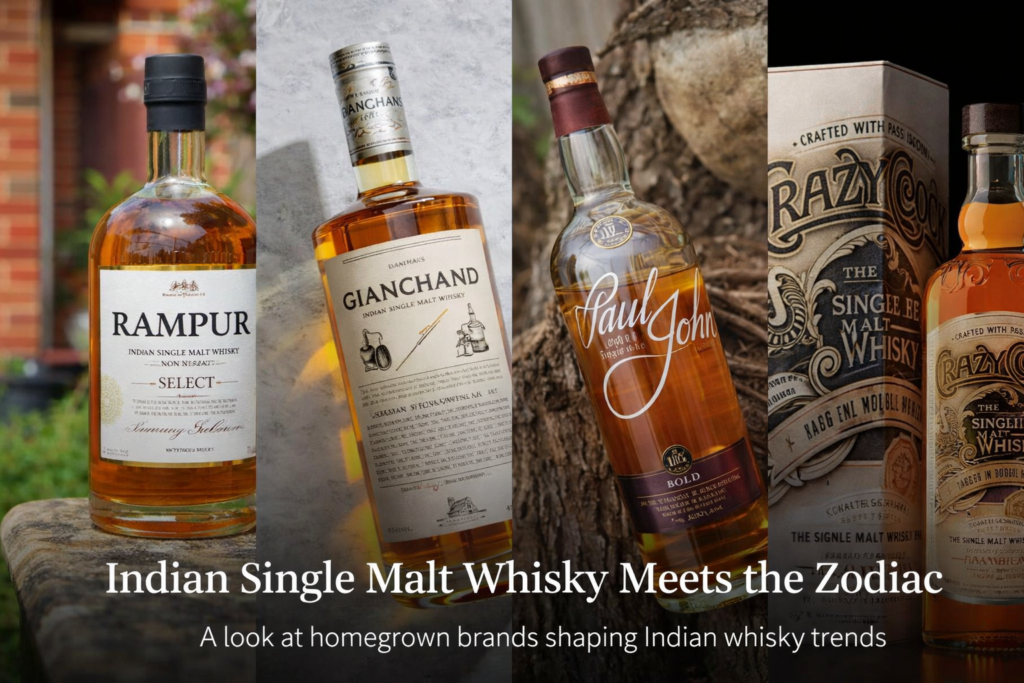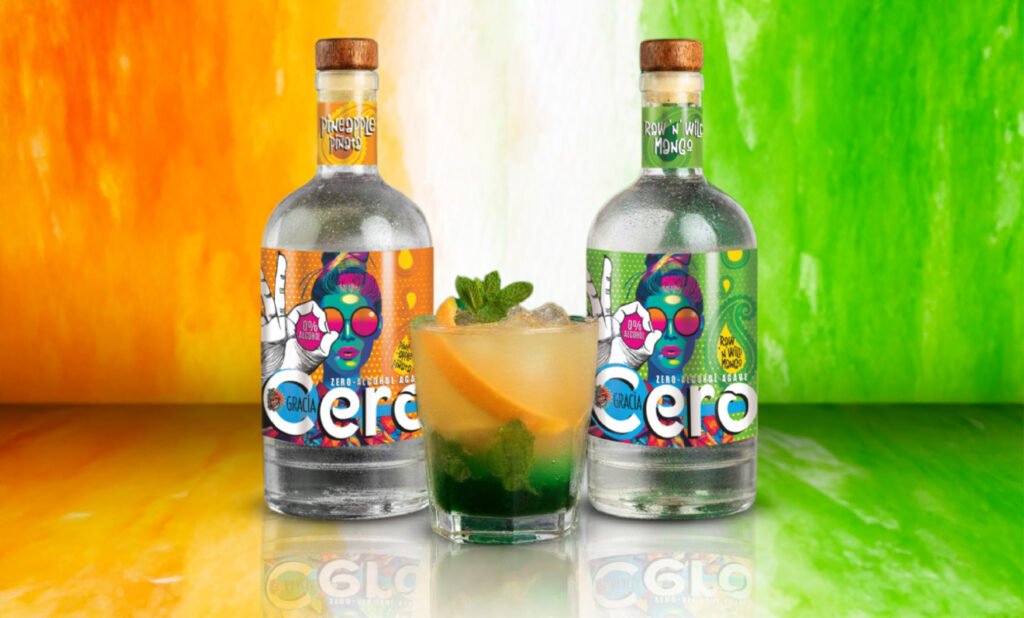Big Little Pub is more than just another craft beer stop; it’s a community-first brewing movement rooted in hyperlocal sourcing and small farmer partnerships. Founder Vivek Khaire shares how the brand balances premium experiences, local grains like jowar and ragi, and ambitious plans to grow beyond Pune without losing its purpose-driven soul.
Big Little touts hyper‑local sourcing of jowar, ragi, Indrani Rice, and partnerships with small farmers in Maharashtra. But how scalable is such a supply chain? At what point does ambitious expansion, particularly into Tier II/III towns, force you to compromise on that local ethos?
Scalability is definitely a challenge, but we’ve built our model on decentralized sourcing from micro-clusters of small-scale farmers. The strength lies in regional adaptability; each new geography becomes an opportunity to recreate our ethos using locally grown native grains and farmer partnerships. The idea isn’t to replicate a supply chain in the traditional sense, but to clone a philosophy of impact. While expansion at scale brings complexities in agronomy, logistics, and traceability, we believe that thoughtful groundwork and strong local relationships will make it possible to grow without compromising our values.
Woodpecker Brings Pondy’s First Twist-Cap Beer
Your Kharadi brewpub leverages premium rooftop pricing, imaginative menu pairings, and atmosphere. How do you assess its contribution to profitability vs cost? Do you expect rooftop premiums to hold as you open in less premium geographies?
Premium experiences naturally come with higher costs, but we see them as long-term investments in brand perception and customer loyalty. At our Kharadi location, we focus on crafting an unforgettable experience, right from the ambiance to our hospitality and menu curation. The rooftop setting plays into that premium narrative. While it might increase operational costs, it also drives higher ticket sizes and elevates our positioning, contributing meaningfully to profitability.

You’ve introduced growler delivery across Pune. What are the margins and COGS differences between on-premise sales and growler/delivery? And how do you tackle packaging shelf-life and flavor fidelity?
Growler delivery allows us to extend our product reach beyond the brewpub while maintaining healthy margins. We operate at a 20–25% net profit margin on growlers, especially when we incentivize bulk orders. While packaging and logistics introduce some costs, they are offset by the scale and repeat purchases we generate from loyal customers who enjoy our beers at home.
Raising ₹8.5 Cr from angels who can “add strategic value” suggests more than mere funding. Can you name a strategic pivot or decision that was heavily influenced, or driven, by investor expectations rather than internal R&D vision?
Definitely, some of our most impactful pivots, like corporate tie-ups and large-scale outdoor catering events, came through investor insight. Their networks and understanding of adjacent markets helped us diversify our revenue channels without drifting from our core philosophy. These inputs often act as accelerators for ideas we were already exploring.
Major General Dr. Rajesh Chopra On The Future Of Indian malt Whisky Association
With a brewpub, community programming, ingredient sourcing, growlers, and premium positioning, this is a complex operation. Where are your operational bottlenecks today, HR, logistics, quality assurance? And are these founder-led or outsourced?
Our main bottlenecks revolve around quality control, consistent availability of key ingredients, and the price fluctuations that come with working directly with small farmers. When you commit to hyper-local sourcing, you’re also committing to the unpredictable nature of agriculture, harvest cycles, climate impact, and market volatility, all of which come into play.

Your complex pairing menu and premium pricing create high margins, but they can be eroded by competition that forces price wars. How do you protect margin integrity if peers copy your ingredients‑led model at lower price points?
Our moat isn’t in the ingredients alone, it’s in the philosophy and depth of the brand. While others might copy recipes or menus, they can’t replicate our sourcing model, which is deeply embedded in local agronomy. Each of our beers carries a terroir, it’s inseparable from the land and community it comes from. This kind of authenticity, combined with storytelling, community presence, and transparency, builds long-term customer loyalty and price resilience that’s hard to imitate.
Scaling beyond Pune brings franchise risk or management bandwidth strain. Will you pursue deeper corporate-owned outlets, master franchises, or joint ventures? And what governance structure will prevent dilution of the cultural core?
We’re exploring a FOCO (Franchise-Owned, Company-Operated) model as the next logical step. This allows us to retain control over quality and brand ethos while leveraging external capital and local ownership. We’re cautious about whom we partner with, the goal is alignment over acceleration.
Are you building Big Little as a lasting, standalone craft‑brew institution, or is your vision to create a platform that can one day be acquired by a major player? How does that influence your current capital allocation and growth pacing?
Big Little was never meant to be just another brewpub. It’s a philosophy-driven, agronomy-first movement. We envision it as a long-standing, independent institution rooted in community and impact. That said, we remain open to partnerships and capital if, and only if, they help us further our mission. Our investment decisions already reflect that: we spend on regenerative sourcing, community programming, and innovation in sensory brewing. We’re not chasing scale for scale’s sake; every step is about deepening purpose, not diluting it.
As Big Little Pub eyes new towns and bigger footprints, its promise stays the same: brew premium, stay local, and build a community that cares about what’s in the glass and where it comes from. In an industry chasing fast scale, Big Little Pub reminds us that craft can stay true, no matter how far it goes.






